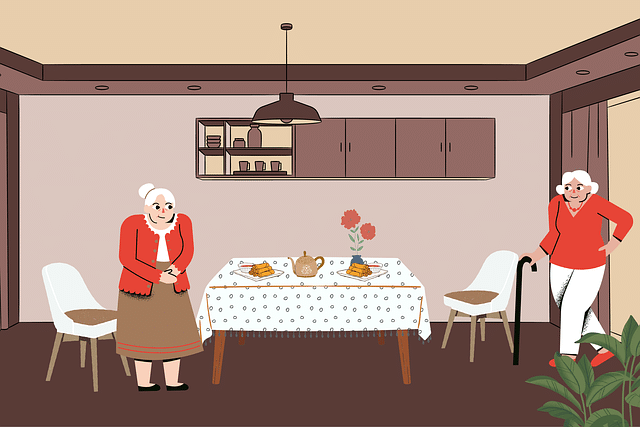Caregiving can be a physically and emotionally draining experience, and it is common for caregivers to feel exhausted and dispirited after months or years of caregiving duties. The demands of caregiving can cause a loss of the emotional connection caregivers have with the person they are caring for. Here are some ideas for replenishing the emotional energy and rediscovering the joy and meaning of caregiving.
-CONNECTION OVER TASK COMPLETION
One way for caregivers to replenish their emotional energy and rekindle their enthusiasm for caregiving is to prioritize connection with their loved ones over task completion. Caregiving often involves a long list of tasks, such as paying bills and managing medications, but constantly focusing on completing these tasks can lead to caregivers becoming less emotionally engaged with the person they are caring for. Instead, caregivers can try to take a break from their usual routine and spend time connecting with their loved ones on an emotional level. This could involve activities like working on a family tree or having a heart-to-heart conversation about the loved one’s feelings and concerns. Ultimately, it is these moments of connection and conversation that caregivers will remember and find fulfilling, rather than simply completing tasks.
-ASKING FOR A HELP
It can be difficult for caregivers to ask for help, especially if they are used to being the ones providing care. However, it is important for caregivers to remember that it is okay to ask for help and to accept help from others. This can help to prevent caregiver burnout and ensure that the caregiver is able to continue providing care to the care receiver in a sustainable way.
There are many different ways that caregivers can ask for help from the care receiver or other people in their support network. For example, caregivers can ask the care receiver to help with tasks that are within their capabilities, such as assisting with meal preparation or sorting through mail. Caregivers can also ask friends and family members to help with tasks such as running errands or providing respite care.
It is also important for caregivers to identify their own needs and to find ways to meet those needs. This can include finding time for self-care activities such as exercise, hobbies, or socializing with friends. Caregivers can also consider seeking support from professional resources such as counseling or support groups.
Overall, it is important for caregivers to remember that it is okay to ask for help and to accept help from others. Asking for and accepting help can help caregivers to sustain their caregiving efforts and to maintain their own well-being.



